Brussels, 4 December – EACH Partners welcome the appointment of European Commissioner for Health and Animal Welfare, Mr Olivér Várhelyi.
EACH Partners very much welcome the commitment of Mr Várhelyi to ensuring and improving cardiovascular health in Europe and the plan to work on a comprehensive initiative to tackle CVD during the current mandate, as stated in the mission letter and as pointed out during his confirmation hearing.
Mr Várhelyi reaffirmed his commitment to the development of a new European Cardiovascular Plan, putting cardiovascular health front and centre, just like the Beating Cancer Plan, following the EPSCO adoption of Council Conclusions on the Improvement of Cardiovascular Health in the EU on 3 December 2024.
In particular, EACH very much welcomes the emphasis placed on the importance of better prevention, diagnosis and management of CVD, including through the management of its risk factors and related co-morbidities (such as diabetes, kidney disease, hypertension and obesity). These priorities align closely with our vision to reduce premature and preventable deaths from CVD in Europe and to ensure equitable access to high-quality cardiovascular risk assessment, treatment and care for all European citizens throughout their life course.
We believe that a European CVH Plan should put forward a comprehensive policy framework that encompasses actions at different levels. These should include focus on primary and secondary prevention to manage high-risk individuals through timely screening, early detection and precision diagnosis (including genetic testing), early intervention and access to quality and personalised care (including adequate psychosocial support for mental wellbeing). Furthermore, we would welcome a rehabilitation framework building on the Stroke Action Plan for Europe, support for organisations, such as patient organisations, that provide non-medical support to people affected by CVD including families and carers, and a standardised instrument to measure quality of life and other psychosocial outcomes across the spectrum of CVD. Promoting a vital research and innovation environment in Europe, in particular as regards clinical trials and patient registries, would also be important in order to revitalise R&D for cardiovascular disease and ensure future therapies for important unmet health needs. To address the needs of patients with rare heart diseases, we also need ongoing support for the European Reference Networks.
As we head into this new mandate, we are optimistic about the strides that can be made together, towards ensuring and improving cardiovascular health across the EU. The success and impact of a European CVH Plan will be shaped not only by what is achieved over the next few years, but also by how it is achieved: leaving no one behind, addressing the needs of the community and supporting Member States to achieve their goals via flagship initiatives similar to the European Beating Cancer Plan.


